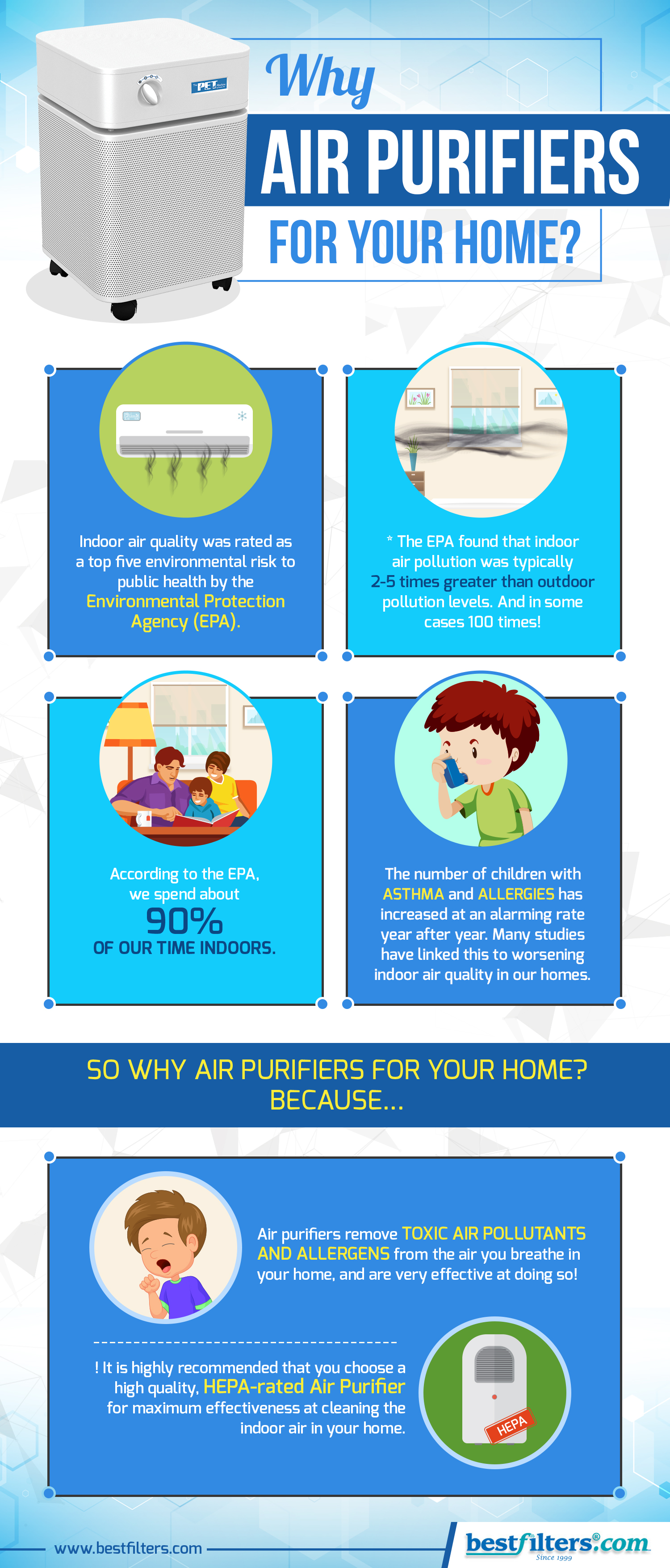Comprehending The Impacts Of Weather Condition On Heatpump Performance And How To Alleviate Them
Comprehending The Impacts Of Weather Condition On Heatpump Performance And How To Alleviate Them
Blog Article
Created By-Creech Sahl
When it pertains to your heat pump, weather plays an important function in its performance. From freezing temperature levels to sweltering heat, each element can influence exactly how effectively your system operates. But what can you do to deal with these weather-related difficulties and guarantee your heat pump is working at its ideal? Keep tuned to find useful pointers and techniques to optimize your heatpump's efficiency, no matter the weather it faces.
Weather Variables Affecting Heat Pump Efficiency
Weather factors have a substantial effect on the effectiveness of heat pumps. One critical element is temperature. Heatpump function by moving warmth from outside to inside throughout winter and the other way around in summer season. As temperatures decrease, it comes to be harder for the heat pump to essence heat from the outdoors air, decreasing its effectiveness.
One more key element is moisture. High humidity levels can make it a lot more challenging for the heatpump to launch heat during the cooling procedure.
In addition, wind rate plays a role. Solid winds can dissipate the heat absorbed or launched by the heatpump, influencing its general efficiency.
Tips for Optimizing Heatpump Performance
To boost the effectiveness and longevity of your heatpump, applying a few vital techniques can make a considerable difference in its performance.
First of all, make sure regular maintenance by cleaning or replacing filters every 1-3 months to avoid airflow obstructions and maximize air movement. Additionally, routine annual specialist inspections to find and attend to any kind of possible concerns early.
Ideal thermostat settings additionally play an important duty. Throughout the winter months, go for a temperature setting that's as reduced as comfy, and throughout the summer, set it as high as comfortable to reduce the work on your heat pump. Using a programmable thermostat can assist you instantly change settings based on your routine.
Additionally, securing leakages in ductwork and shielding air ducts in unconditioned areas can prevent energy loss and boost general system efficiency.
Lastly, consider installing a wise thermostat that can learn your routines and change settings accordingly, additional maximizing your heat pump's performance. By complying with these suggestions, you can ensure your heatpump runs successfully and efficiently throughout the year.
Best Practices for Weatherproofing Your Heat Pump
For ideal efficiency and efficiency of your heatpump, executing weatherproofing actions is vital. Start by securing any voids or fractures around doors, windows, and ductwork to stop warm loss and preserve a constant interior temperature.
Insulate subjected pipelines and air ducts to stop cold throughout winter and ensure appropriate air movement. Think about setting up a safety cover over the exterior device to protect it from harsh weather aspects like snow, ice, and debris.
Consistently clean the outdoor device to get rid of dust, leaves, and debris that can obstruct air flow and decrease performance. In hop over to this website , keep the location around the heat pump free from snow, ice, and plant life to permit proper ventilation.
Conclusion
Since you understand just how weather condition affects your heat pump efficiency, you can take positive actions to enhance its efficiency. By following the ideas laid out in this post, such as regular upkeep, thermostat adjustments, and weatherproofing actions, you can make sure that your heat pump runs at its ideal despite the weather conditions. Stay successful and keep your home comfortable throughout the year.
